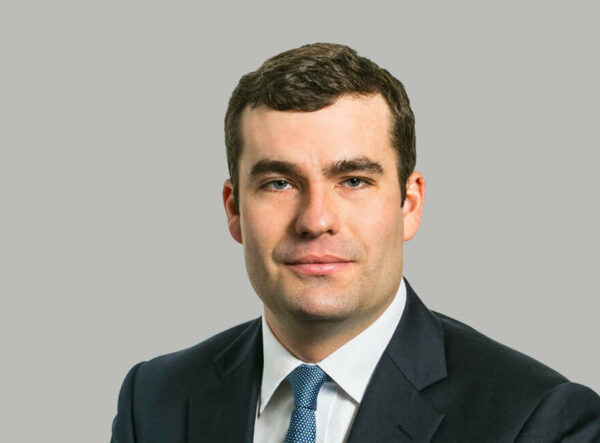Striking-out and securing summary judgment of tort claims (Benyatov v Credit Suisse)

Dispute Resolution analysis: The High Court has provided a useful account of the principles to be applied when considering a strike-out and summary judgment application in respect of a claim based on tortious liability.
Benyatov v Credit Suisse [2020] EWHC 85 (QB)
What are the practical implications of this case?
The judgment in this case offers a useful summary of how a Court, at a preliminary stage and without the benefit of a trial, should approach the question of the existence of a duty of care in a tort claim and the application of the three-part test in Caparo Industries plc v Dickman. Although a Claimant has only to clear a relatively low threshold to defeat an application for summary judgment, this case shows a willingness on the part of courts to consider the third limb of the test (whether it would be fair, just and reasonable to impose a duty of care) as part of a summary judgment application and to strike out parts of claims on the basis that the third limb is not met.
What was the background?
Mr Benyatov worked as an investment banker, employed by Credit Suisse, from 1997. From 2001, in the course of his employment, Mr Benyatov worked for a considerable period in Romania. This ultimately resulted in Mr Benyatov being arrested, charged and convicted of a criminal offence. Credit Suisse supported Mr Benyatov in contesting and seeking to overturn his conviction. Nevertheless, in January 2018, Mr Benyatov issued proceedings against Credit Suisse. Four heads of claim were pleaded. (1) Breach of obligations under an employment contract. (2) Breach of obligations arising under a letter sent by Credit Suisse. (3) Breach of obligations arising from oral assurances. (4) Breach of duties of care in tort. The claim was defended, requests for further information were sent and answered and a CMC was held at which the parties agreed directions to trial, including the need for expert evidence. At the conclusion of the CMC, counsel for Credit Suisse indicated that an application to strike-out and/or obtain summary judgment disposing of the claim was being considered and that application was thereafter made. The application was opposed both substantively and on the procedural basis that Credit Suisse had failed to bring the application at the appropriate opportunity and had delayed the application without good reason.
What did the court decide?
The Court declined to strike out or award summary judgment on the claim as a whole. The Deputy Judge analysed each part of the pleaded claim, however, and struck out sections of the claim, reducing as he did the issues to be determined at trial. In relation to the tort claim, the Court concluded that the appropriate course to take on a strike-out application is “to ask whether the Claimant has established an arguable case for the existence of a duty of care applying the well established three limb test set out by Lord Bridge in Caparo Industries plc v Dickman.” The Court concluded that if the pleaded allegations were made out, the requisite foreseeability of damage was highly likely to be established and Mr Benyatov would have little difficulty establishing the requisite proximity. The real issue was the third limb, namely whether it would be fair, just and reasonable to impose the duties of care sought by Mr Benyatov on Credit Suisse. The Court concluded that it would not be. This part of the claim was, therefore, struck-out.
Case details
Court: High Court (QB)
Judge: Roger Ter Haar QC (sitting as a Deputy High Court Judge)
Date of judgment: 22 January 2020
This article was first published by LexisNexis.
Disclaimer
This content is provided free of charge for information purposes only. It does not constitute legal advice and should not be relied on as such. No responsibility for the accuracy and/or correctness of the information and commentary set out in the article, or for any consequences of relying on it, is assumed or accepted by any member of Chambers or by Chambers as a whole.
Contact
Please note that we do not give legal advice on individual cases which may relate to this content other than by way of formal instruction of a member of Gatehouse Chambers. However, if you have any other queries about this content please contact:


